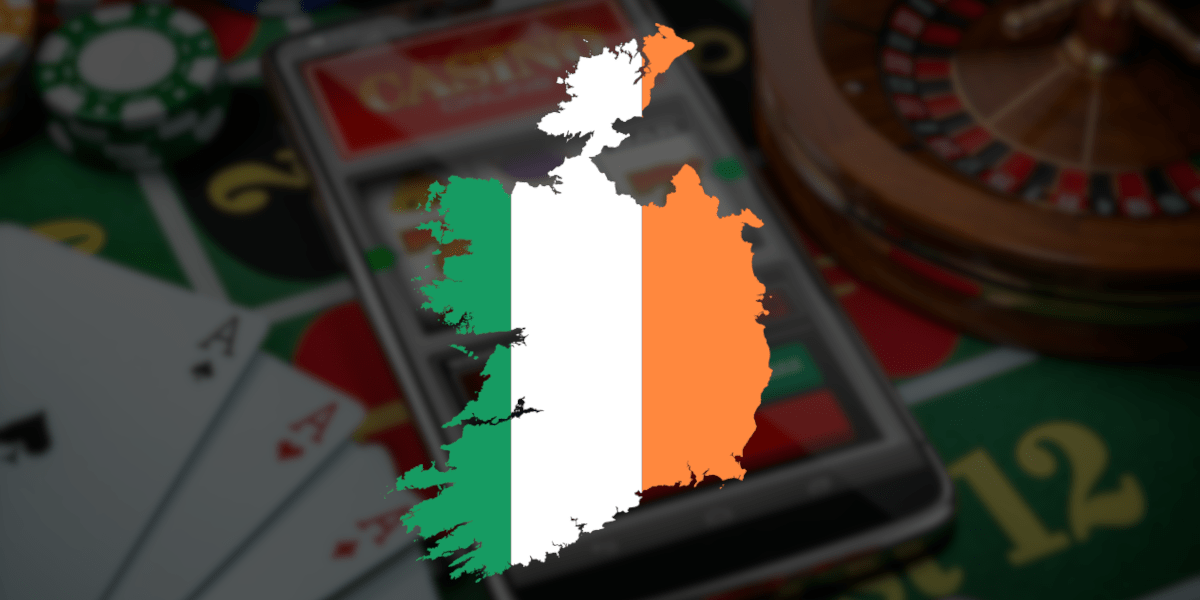Gambling laws in Ireland
Gambling in Ireland is centrally regulated. Casinos, betting shops and other venues have to comply with several laws and regulations:
- The Totalisator Act 1929 provides for the establishment and regulation of totalizator betting by the Irish Revenue Commissioners;
- The Betting Act 1931, as amended in 2015, states that operators who offer betting services are required to obtain a license from the Irish Revenue Commissioners;
- The Gaming and Lotteries Acts 1956, as amended in 2019, define the concept of legal and illegal games and prohibit offering any gambling services without a license.
- The National Lottery Act 2013 defines the lottery rules and describes the functions of the Regulator of the National Lottery.
All the laws apply throughout the state. Gambling business owners who fail to comply will be held accountable.
A peculiarity of the Irish gambling sector is that most of the laws and regulations were issued in the 20th century. As such, the gambling regulation system is in need of reforms and new amendments.
In 2022, the cabinet of ministers approved the publication of the Gambling Regulation Bill. The bill will revise gambling advertising and regulate all aspects of Internet gambling. Moreover, the legislation will establish a new government agency, the Gambling Regulatory Authority, which will oversee the Irish gambling industry.
Types of gambling in Ireland
As of today, the following forms of gambling are legal in the country:
- Casino games, including slot machines, table games, roulette, blackjack, poker, and bingo.
- Betting — on classic sports, horse racing, and fantasy sports.
- Lotteries.
- Social games with no real money prizes.
Slot machine operators must hold a license for the premises where machines are located.
Irish online casinos offer various types of gambling, such as video slots, table games, and poker. Users can also play realistic live games hosted by real professional dealers.

Gambling licensing in Ireland
Irish licenses are issued by the National Excise Licence Office as well as local authorities. In order to obtain a license, an operator is required to hold a gaming court certificate and meet a number of requirements.
Requirements for obtaining an Irish gambling license
| Requirement | Explanation |
| Residence in Ireland | A person wishing to open a gambling establishment must be an Irish citizen or permanent residence permit holder. If the company is foreign, it must appoint a local director, whose domicile is in Ireland, and deal with the authorities on their behalf. |
|---|---|
| Opening of a bank account | This must be done at one of the Irish state-owned banks. Foreign legal entities are only allowed to make payments through the payment providers that have been approved by the regulator. |
| Minimum share capital | This depends on the type of license a company applies for. |
| Income declaration | An operator is required to submit a monthly declaration giving details regarding income and the fees due. |
| Protection of minors | Preventing people under 18 from gambling; strict control of promotional content. |
A company seeking to start a gambling business in Ireland in 2023 must pay a state fee of €10,000 to €200,000, depending on the type of activity it intends to conduct.
A standard Irish gambling license lasts for two years. Regardless of the issue date, licenses expire at the end of the licensing period.
Gambling taxes in Ireland
Like any other business in Ireland, a gambling business is subject to taxation. The tax rates depend on the type of gambling activity offered. See the table below for tax percentages.
| Gambling form | Tax rate |
| Casinos | VAT at a rate of 23% on customers’ winnings |
|---|---|
| Betting | Excise duty at a rate of 2% |
| eGaming | VAT at a rate of 23% on customers’ winnings |
| Lotteries | Income tax at a rate of 12% |
Remote betting intermediaries are obliged to pay a tax fee of 25%. In 2022, new changes came into force for slot machine hall owners. The taxable amount now consists of two components:
- Value of the bets entered by gamblers into the common pool.
- Value of the bets retained by eGaming operators.

Conclusion
Ireland is a country where virtually all gambling forms are allowed. However, most of the country’s gambling laws are outdated and in need of reform. In 2021, new legislation was introduced to create an independent body regulating gambling activities. The changes will also affect online gambling, licensing and advertising rules, and player protection policies. It is planned to implement all the measures by 2024.

